The BEST episodes directed by Michael Lachmann
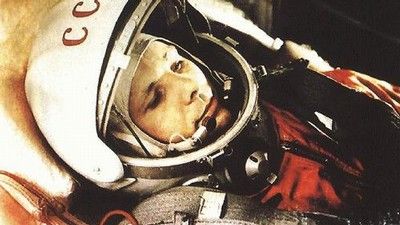
#1 - Cosmonauts: How Russia Won the Space Race
BBC Documentaries - Season 2014 - Episode 218
When Neil Armstrong stepped onto the moon in 1969, America went down in popular history as the winner of the space race. But that history is bunk. The real pioneers of space exploration were the Soviet cosmonauts. This remarkable feature-length documentary combines rare and unseen archive footage with interviews with the surviving cosmonauts to tell the fascinating and at times terrifying story of how the Russians led us into the space age.
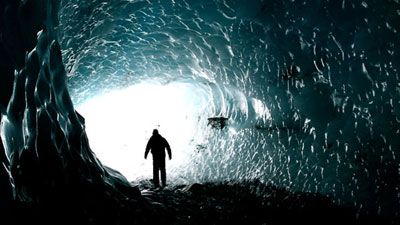
#2 - Aliens
Wonders of the Solar System - Season 1 - Episode 5
Professor Brian Cox visits some of the most stunning locations on earth to describe how the laws of nature have carved natural wonders across the solar system. Brian descends to the bottom of the Pacific in a submarine to witness the extraordinary life forms that survive in the cold, black waters. All life on Earth needs water so the search for aliens in the solar system has followed the search for water. Soaring above the dramatic Scablands of the United States, Brian discovers how the same landscape has been found on Mars. And it was all carved out in a geological heartbeat by a monumental flood. Armed with a gas mask, Brian enters a cave in Mexico where bacteria breathe toxic gas and leak concentrated acid. Yet relatives of these creatures could be surviving in newly-discovered caves on Mars. But Brian's sixth wonder isn't a planet at all. Jupiter's moon Europa is a dazzling ball of ice etched with strange cracks. The patterns in the ice reveal that, far below, there is an ocean with more potentially life-giving water than all the oceans on Earth. Of all the wonders of the solar system forged by the laws of nature, there is one that stands out. In the final episode of this series, Brian reveals the greatest wonder of them all.
Watch Now:Amazon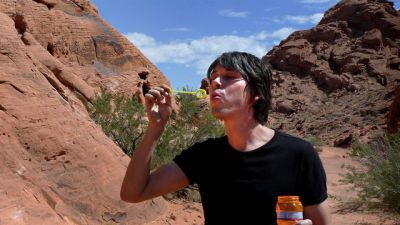
#3 - Stardust
Wonders of the Universe - Season 1 - Episode 2
In this episode, Cox discusses the elements of which all living things, including humans, are made. He explores the beginnings of the universe and the origins of humanity, going far back in time to look at the process of stellar evolution. He explains how these basic elements are related to the life cycles of the stars and the recycling of matter in the Universe, touching down in Katmandu and Rio de Janeiro.
Watch Now:Amazon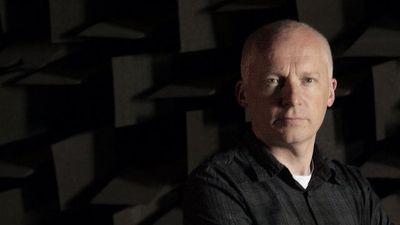
#4 - Shapes
The Code (2011) - Season 1 - Episode 2
During his trip to the Giant's Causeway in Northern Ireland, Professor du Sautoy finds a fundamental truth about the universe written into the rocks. A hidden geometric force underpins all nature, from the structure of honeycombs to Pixar movies.
Watch Now:AmazonApple TV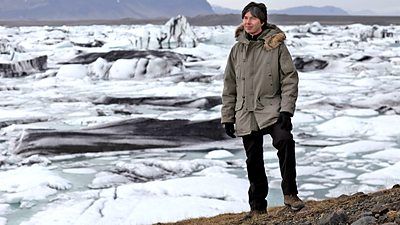
#5 - Order Out of Chaos
Wonders of the Solar System - Season 1 - Episode 2
Brian reveals how the beauty and order of the solar system was formed from a chaotic cloud of gas.
Watch Now:Amazon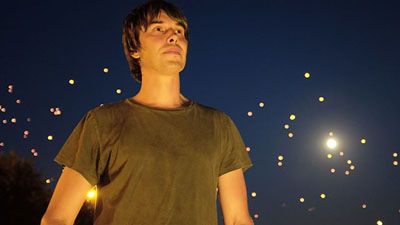
#6 - A Place in Space and Time
Human Universe - Season 1 - Episode 4
Professor Brian Cox explores our origins, place and destiny in the universe. We all start our lives thinking that we are at the centre of the universe, surrounded by our family and the world as it spins around us. But the urge to explore is strong. Brian tells the story of how our innate human curiosity has led us from feeling that we are at the centre of everything, to our modern understanding of our true place in space and time - that we are living 13.8 billion years from the beginning of the universe, on a mere speck of rock in a possibly infinite expanse of space. The story begins with Brian climbing to the summit of the spectacular fortified village of Ait-Ben-Haddou in the foothills of Morocco's Atlas Mountains. Here he reveals how, by watching the stars' motion across the night's sky, it was natural for us to believe we were at the centre of everything - a view that held sway for millennia. It was in Renaissance Venice that our demotion from the centre of the universe began. Here, thanks to the artisan glass-blowers in the city, Galileo was able to build the first telescope and discover our position was not at the centre, rather just one of a number of planets that orbit the sun. Perhaps the true scale of the universe was most keenly felt by those rare individuals who, for a moment, left our planet behind and headed off into deep space. Astronaut Bill Anders recounts what it was like to see the Earth from this extraordinary vantage point. He tells the story of one of the most famous images in history: his Earthrise photograph taken from lunar orbit in 1968. Since then, our satellites and telescopes have allowed us to see further into space. We have travelled across light years to see to the edges of our own Milky Way galaxy and beyond, to thousands of other galaxies, all the way to the edge of the visible universe some 46 billion light years away. Having found our place in space, Brian turns his attention to our location in time. The film follo
Watch Now:Amazon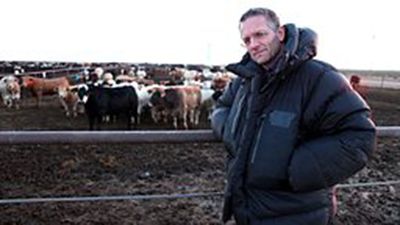
#7 - Should I Eat Meat? - How to Feed the Planet
Horizon - Season 2014 - Episode 11
Dr Michael Mosley examines the impact eating meat has on the planet and finds out what meat eco-friendly carnivores should be buying: free-range organic or factory-farmed meat.
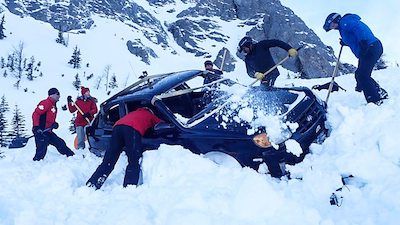
#8 - Avalanche: Making a Deadly Snowstorm
Horizon - Season 2018 - Episode 10
Can we predict avalanches? How can we save more lives? A team of scientists led by Prof Danielle George create a massive avalanche to find out.